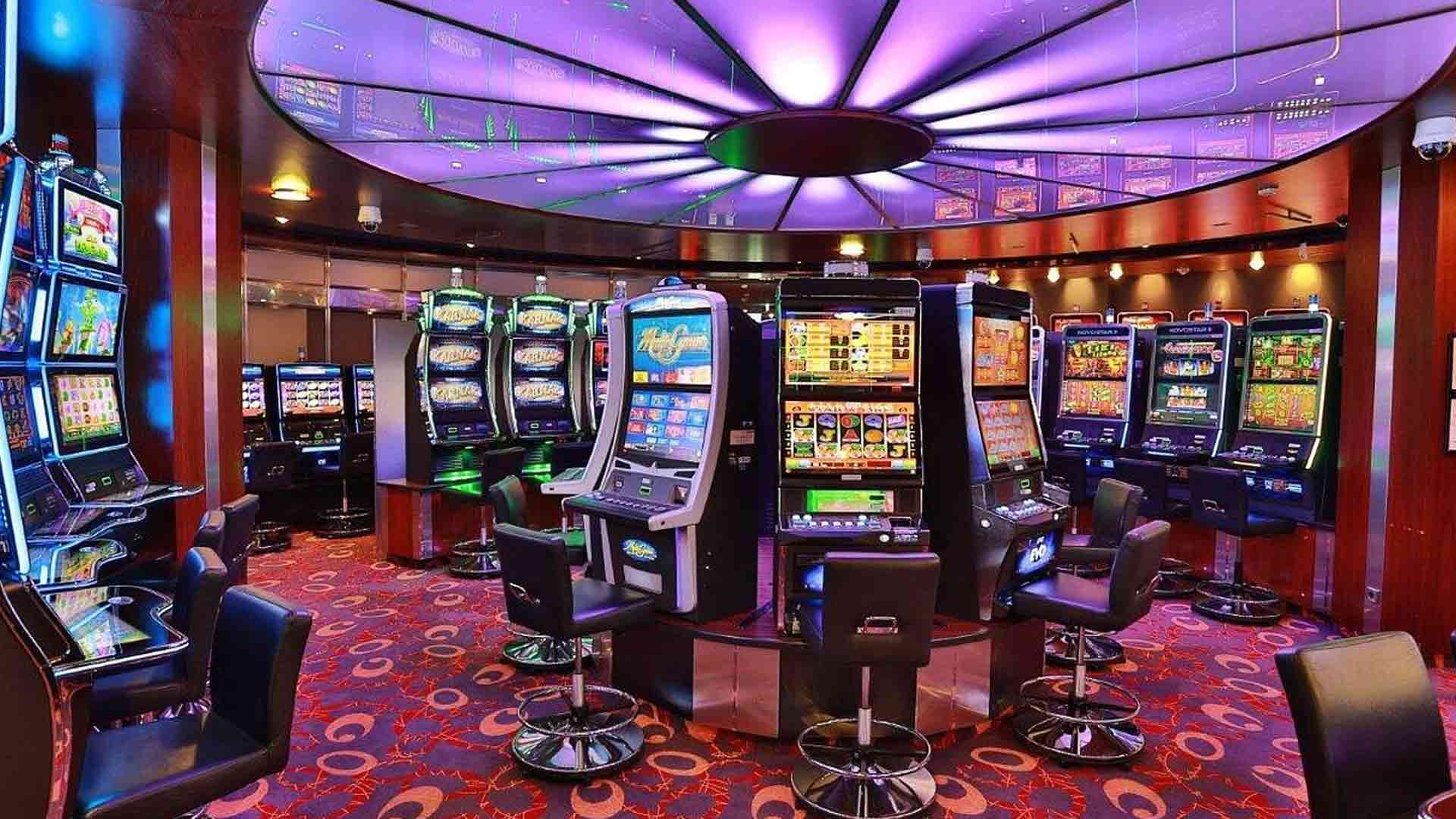Casinos That Became Cultural Landmarks

Casinos That Became Cultural Landmarks
Casinos, often perceived as mere venues for gambling and entertainment, have in many instances transcended their primary function to become integral parts of a city's cultural identity. These establishments are not just about the spin of the roulette wheel or the shuffle of cards; they are architectural marvels, historical repositories, and vibrant centers of social interaction that have shaped the very fabric of the communities they inhabit. This article delves into the fascinating phenomenon of casinos that have ascended to the status of cultural landmarks, drawing visitors for reasons far beyond the allure of chance.
Perhaps the most iconic example is the Las Vegas Strip. While Las Vegas is synonymous with gambling, its casinos are also celebrated for their sheer scale, audacious themes, and groundbreaking architectural designs. The Bellagio, with its world-renowned Fountains of Bellagio, is a prime example. More than just a hotel and casino, it's a destination offering a free, captivating water and music show that draws crowds nightly, becoming a visual landmark recognized globally. Similarly, the Venetian Las Vegas recreates the romantic ambiance of Venice, complete with gondola rides and St. Mark's Square, offering an immersive experience that appeals to a broader audience than just gamblers. These structures are not just buildings; they are experiences, meticulously crafted to evoke emotion and create lasting memories, thus etching themselves into the cultural landscape.
Beyond the glitz and glamour of Las Vegas, other casinos boast a rich historical and cultural significance. In Monte Carlo, the Casino de Monte-Carlo stands as a testament to Belle Époque architecture and a bygone era of opulence. It’s a place steeped in history, having witnessed countless significant events and attracted royalty, celebrities, and literary figures for over a century. Its grandeur and storied past make it a symbol of the French Riviera's sophisticated allure, attracting tourists who come to soak in the atmosphere and perhaps catch a glimpse of its legendary gaming rooms. It's a living piece of history, a tangible link to a romanticized past.
In the United States, the history of gambling is deeply intertwined with the development of certain cities, and casinos have often been at the forefront of urban renewal and cultural expression. Atlantic City, for instance, has seen its casinos evolve from simple gaming halls to massive entertainment complexes. The Boardwalk Empire era, though rooted in gambling, also fostered a unique cultural scene, influencing fashion, music, and social dynamics. Today, while the landscape has shifted, the casinos remain prominent landmarks, often incorporating diverse entertainment options like concert venues, fine dining, and retail spaces, further cementing their role in the city’s cultural tapestry.
The influence of casinos as cultural landmarks also extends to their role in art and popular culture. They are frequently depicted in films, literature, and music, becoming backdrops for dramatic narratives and symbols of aspiration, risk, and sometimes, downfall. This constant presence in the media reinforces their iconic status, making them recognizable even to those who have never visited them. The very image of a grand casino evokes a certain cultural archetype, a nexus of excitement and possibility.
Furthermore, many modern casinos are designed with sustainability and community integration in mind, aiming to be more than just gambling establishments. They often host cultural events, art exhibitions, and charitable functions, actively contributing to the local community's cultural life. This engagement fosters a deeper connection with the public, moving them beyond the perception of a purely commercial enterprise towards becoming valued cultural institutions. For those interested in exploring the world of online gaming and its evolving landscape, checking out platforms like 'link m88 slot' can offer insights into how technology is also shaping this cultural phenomenon.
In conclusion, casinos that achieve the status of cultural landmarks do so by offering more than just the chance to win. They are architectural triumphs, historical touchstones, vibrant social hubs, and influential elements in popular culture. They create unique experiences, tell compelling stories, and contribute significantly to the identity and attractiveness of the cities they call home, proving that sometimes, the house doesn't just win; it also builds a legacy.